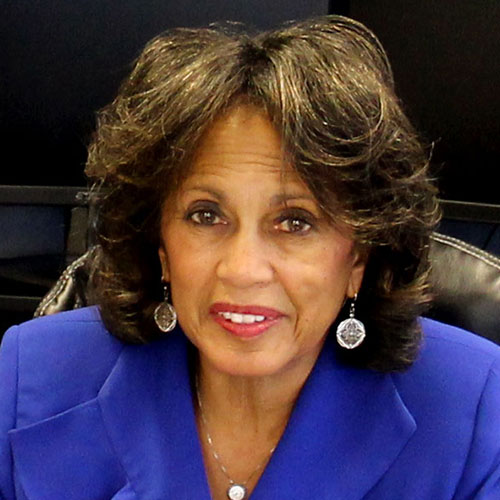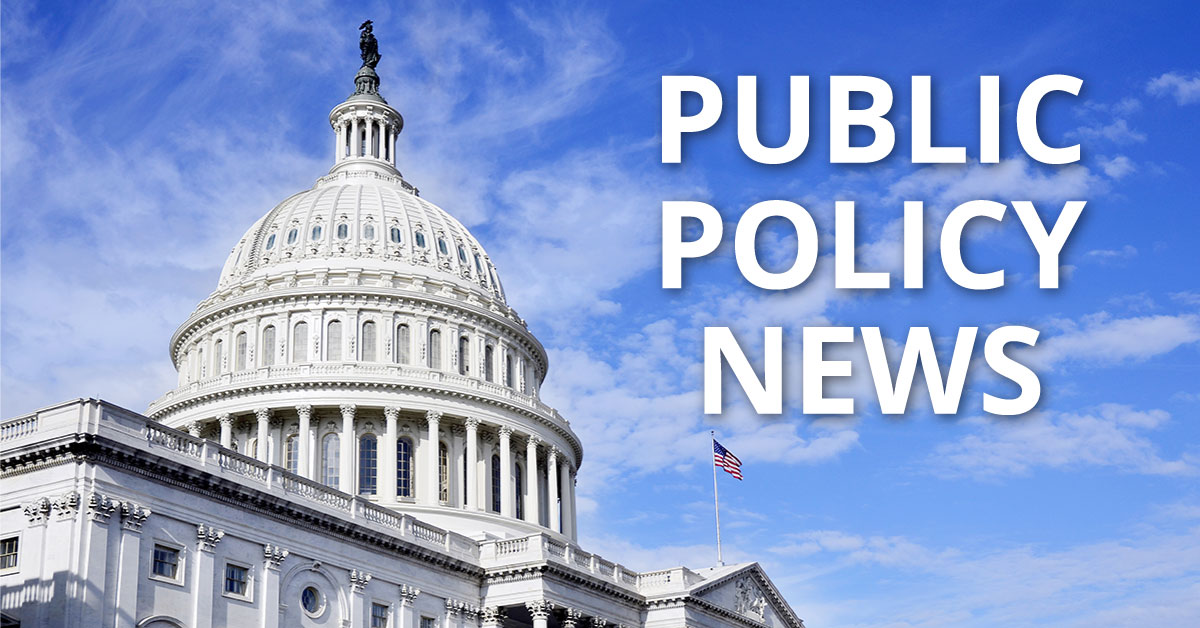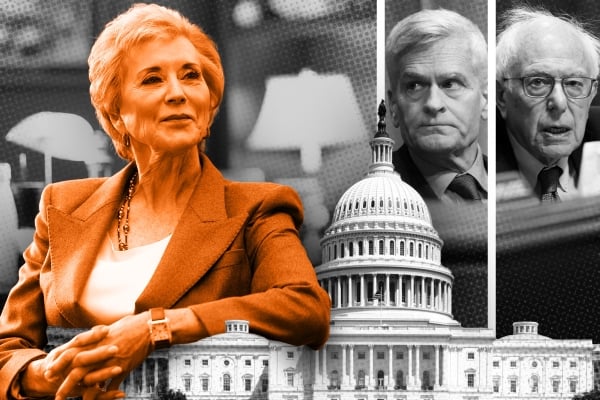Dive Brief:
- President Donald Trump did not exceed his authority when he issued a Sept. 19 proclamation requiring employers to pay an additional $100,000 before new H-1B visas can be processed, a federal district court judge held Dec. 23 in Chamber of Commerce of the United States of America v. U.S. Department of Homeland Security.
- President Trump legitimately exercised his broad discretion authorized by the Immigration and Nationality Act to restrict the entry of noncitizens into the U.S., the judge found. Trump found the proclamation was necessary to counter abuse of the H-1B program, which the proclamation asserts is harming American workers and creating a national security threat, he said.
- The ruling does not discount the contributions H-1B workers are making to the American economy, the judge stressed. But the parties’ debate over how the proclamation will affect employers and the economy is not within the court’s province to decide, so long as it is within the confines of the law, she said.
Dive Insight:
The Association of American Universities and the Chamber, a business federation with approximately 300,000 members, sued the Trump Administration in October. It was the first of at least three lawsuits by different groups challenging the proclamation, including California v. Noem, filed mid-December by 20 state attorney generals from mainly Democratic states.
The litigation focuses on two issues — that President Trump exceeded his delegated authority, or acted “ultra vires,” under the INA and that DHS and the State Department “arbitrarily” implemented the proclamation without following proper notice-and-comment rulemaking under the Administrative Procedure Act.
The judge ruled against AAU and the Chamber on both claims. The INA’s “exceedingly broad language” gives President Trump the authority to issue the proclamation, which he backed with evidence showing how the H-1B program is being abused, and the proclamation does not contravene the INA’s H-1B scheme, the judge held.
As for the second issue, DHS and the State Department “plainly do not act ‘arbitrarily and capriciously’ or ‘contrary to law’ in implementing a legally permissible presidential directive,” the judge wrote. “Indeed, defendants here had no other course of action” because agencies “‘may not simply disregard’ a binding presidential directive,” she said.
AAU and the Chamber filed a notice of appeal on Dec. 29.
Following the ruling, the Chamber posted a statement by Executive Vice President and Chief Counsel Daryl Joseffer that said, “The $100,000 fee makes H-1B visas cost prohibitive for businesses, especially small- and medium-sized businesses that can least afford it. We are disappointed in the court’s decision and are considering further legal options to ensure that the H-1B visa program can operate as Congress intended: to enable American businesses of all sizes to access the global talent they need to grow their operations.”









